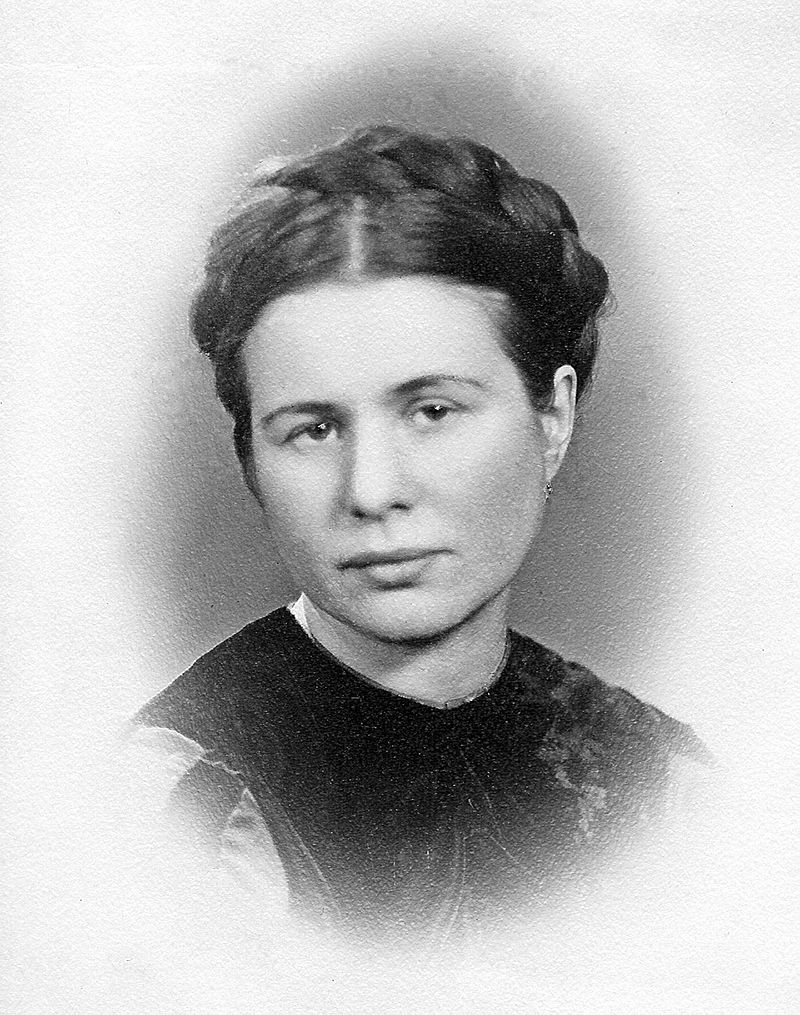80 years ago, on 4 December 1942, the Council to Aid Jews – “Żegota” – was formed in German-occupied Warsaw. It continued the activities of the Provisional Committee to Aid Jews established at the end of September 1942.
In 1942, the Germans began to implement their previously undertaken plan to exterminate all European Jews. The extermination was carried out as part of a special operation called by the occupiers Operation Reinhardt (Einsatz Reinhardt). Some Jews were murdered on the spot during the liquidation of the ghettos, while the majority were killed in the extermination camps at Bełżec, Sobibor, Treblinka and Auschwitz-Birkenau, as well as in other death camps.
Apart from silent and unarticulated opposition, Poles responded those perpetrated crimes with attempts to aid, which took various forms. Often, they included individual cases of helping their Jewish acquaintances or neighbours, then they became organised.
In Warsaw, the Provisional Committee to Aid Jews was initially formed spontaneously. Its organisers were two women – Zofia Kossak-Szczucka and Wanda Krahelska-Filipowicz. In December 1942, it was replaced by the Council to Aid Jews „Żegota”, which formally became part of the Government Delegation for Poland. It was the only underground state organisation in occupied Europe that provided help to Jews in an organised and systematic way until the end of its activities in 1945.
Żegota was composed of representatives of many political communities, both Polish and Jewish. Julian Grobelny became its chairman, with Tadeusz Rek and Leon Feiner as his deputies. In addition to its headquarters in Warsaw, the Council had its District Councils in Kraków and Lwów, and its secret cells in Lublin and Zamość. It was able to carry out its activities thanks to funding, mostly provided by the Government Delegation for Poland. Members of ‘Żegota’ were involved in producing and handing over false documents, finding flats and hiding places, and providing financial support. Irena Sendler, together with numerous co-workers, headed the Children’s Department, coordinating the care of around 2,500 Jewish children who had managed to leave the ghetto.
Żegota’s contribution to saving Jews was recognised by the Yad Vashem Institute by awarding the Righteous Among the Nations Medal in 1963.





